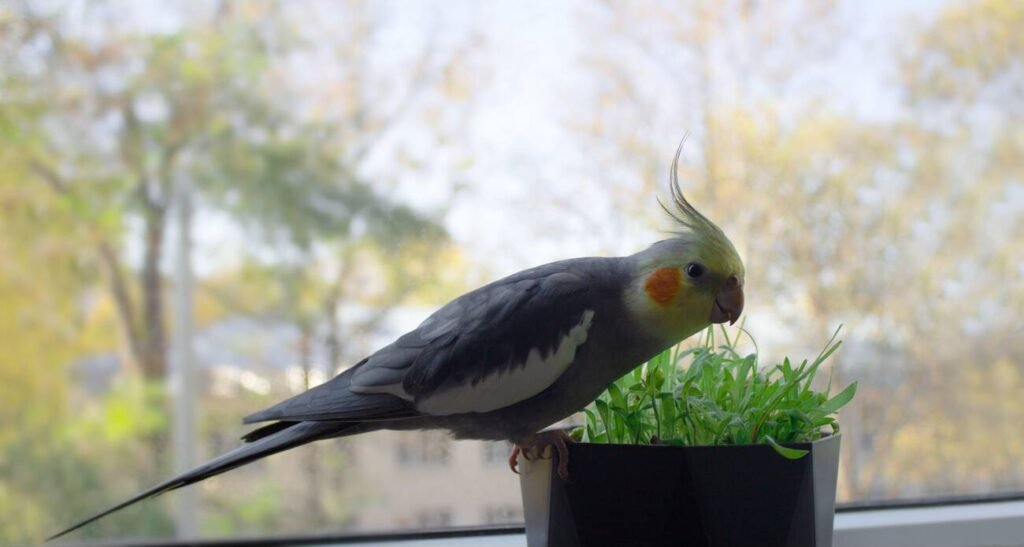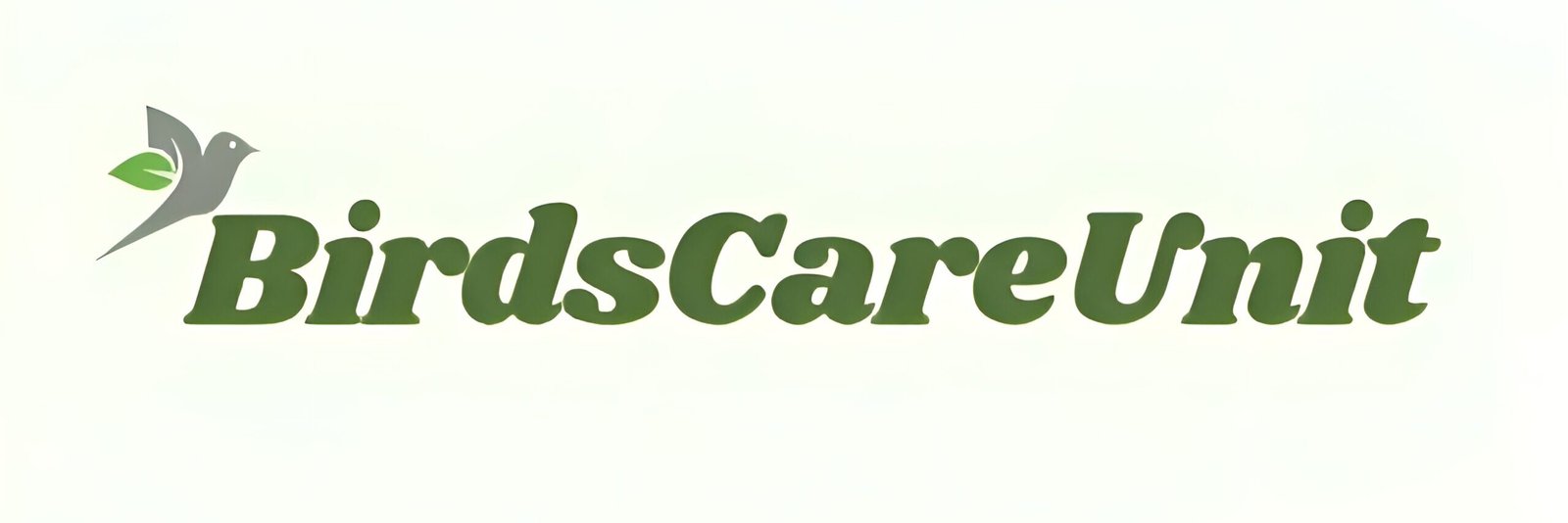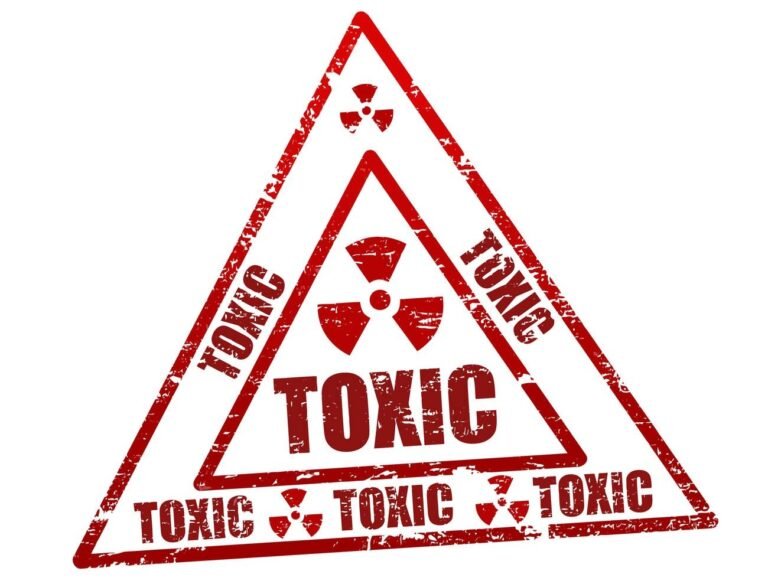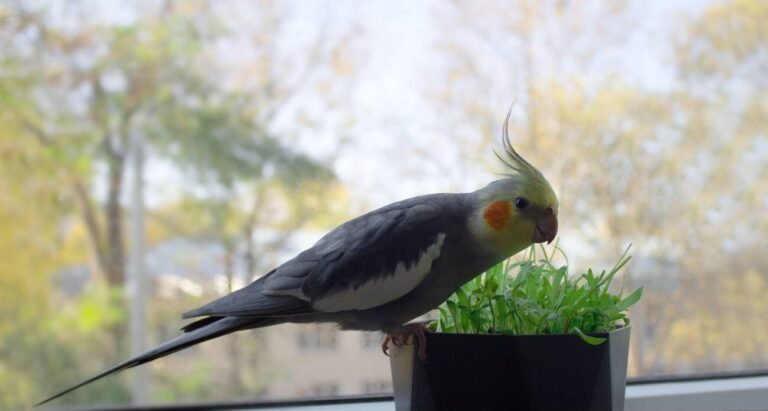Organic Cockatiel Foods list

Enhancing Your Cockatiel’s Diet with Organic Foods
Recently, I added two albino cockatiels to my farm, which houses many birds. From the very start, I noticed that these birds were not in the best of health. To give them the best chance of thriving, I provided regular food alongside organic options. Over time, I saw a noticeable improvement in their health and vitality. This experience led me to research organic cockatiel food in depth, and today, I feel confident enough to share my findings with you. By incorporating organic foods into your cockatiel’s diet, you can offer your bird high-quality nutrition while avoiding harmful chemicals and additives.
In this blog, I’ll discuss different types of organic foods that you can include in your cockatiel’s diet to enhance their well-being. Whether you’re new to cockatiel care or an experienced owner like me, I believe this information will help you provide your birds with the nutrition they need to live long, healthy lives.
Why Choose Organic Foods for Cockatiels?
Organic foods, whether pellets, vegetables, or fruits, are produced without synthetic fertilizers, pesticides, or genetically modified organisms (GMOs). For cockatiel owners, the decision to go organic is about minimizing your bird’s exposure to potentially harmful chemicals and enhancing their diet with nutrient-rich, wholesome foods.
Conventional foods, especially grains and seeds, can sometimes carry pesticide residues or additives that may affect your cockatiel’s health. While many birds can tolerate such foods in small amounts, opting for organic choices can help reduce any long-term health risks.
Since cockatiels have relatively sensitive digestive systems, exposure to chemicals or pesticides can potentially cause gastrointestinal upset, lethargy, or more severe health issues. By feeding organic foods, you provide your bird with cleaner, safer options that can help them maintain optimal health and happiness.
Organic Pellets for Cockatiels
Pellets should make up a large portion of your cockatiel’s diet because they provide a balanced combination of nutrients, ensuring that your bird receives the essential vitamins, minerals, and proteins needed to thrive. When it comes to organic pellets, the benefits extend beyond basic nutrition.
Why Organic Pellets?
Organic pellets are made from non-GMO ingredients and are free from artificial additives, including preservatives, colors, and flavors. Choosing organic pellets ensures that your cockatiel receives high-quality ingredients, reducing the risk of ingesting harmful chemicals.
While conventional pellets are still nutritious, they may contain fillers and artificial additives that aren’t necessary for your cockatiel’s health. Organic pellets provide pure nutrition.
Nutritional Benefits
Cockatiels require a variety of nutrients to maintain strong feathers, healthy skin, and optimal immune function. Organic pellets are often formulated with this in mind, combining a variety of organic grains, seeds, and legumes to create balanced meals. Some common ingredients in organic pellets include organic millet, oats, corn, and soybeans, which are rich in proteins and amino acids essential for cockatiel health.
Pellets also help prevent selective eating, a common issue when birds are fed a seed-based diet. Cockatiels, like other parrots, can be picky eaters and may choose only their favorite seeds, leading to nutritional imbalances. Pellets, especially organic ones, ensure they consume all necessary nutrients in the right proportions.
Best Practices
- Choose organic pellets specifically formulated for cockatiels or small parrots. Different bird species have unique nutritional needs, and pellets designed for larger birds may not be suitable for cockatiels.
- Store organic pellets in a cool, dry place to prevent spoilage and maintain freshness.
- Always follow the feeding guidelines provided on the packaging to ensure your bird receives the appropriate amount.
Organic Vegetables: A Vital Addition
Vegetables are a critical component of your cockatiel’s diet, providing essential vitamins, minerals, and antioxidants. While pellets form the foundation of your bird’s diet, organic vegetables offer an extra boost of nutrition that pellets alone can’t provide.
Best Organic Vegetables for Cockatiels
Not all vegetables are created equal when it comes to cockatiel nutrition. Some provide more vitamins and minerals than others. The following vegetables are excellent choices for a well-rounded diet:
- Carrots: Rich in beta-carotene, carrots help maintain healthy eyes, skin, and feathers.
- Broccoli: Packed with calcium and vitamins A, C, and K, broccoli supports your bird’s bone health and immune system.
- Kale: Known as a superfood, kale is loaded with antioxidants, vitamin K, and calcium, essential for strong bones and overall vitality.
- Spinach: Like kale, spinach is rich in iron and calcium, supporting red blood cell production and bone health.
- Bell Peppers: High in vitamin C and antioxidants, bell peppers help boost your cockatiel’s immune system.
How to Introduce Organic Vegetables
Introducing new foods, especially vegetables, can sometimes be challenging with cockatiels. They may initially refuse unfamiliar items, but patience is key.
- Start Small: Introduce new vegetables one at a time and in small amounts. Chop them into bite-sized pieces to make them easier to eat.
- Mix and Match: Combine different vegetables to create a colorful, interesting meal that might catch your bird’s eye.
- Serve Raw or Lightly Cooked: Most vegetables should be served raw to retain their nutrients. However, lightly steaming certain vegetables like broccoli can make them easier to digest and more appealing to some birds.
Benefits of Organic Vegetables
By feeding organic vegetables, you’re providing clean, nutrient-dense options without the risk of pesticide exposure. This can be especially beneficial for sensitive birds or those with existing health conditions. In my experience, adding organic vegetables to my cockatiels’ diet has resulted in brighter feathers, better energy levels, and improved overall health.
Organic Fruits for Cockatiels: Sweet, Nutritious, and Fun
Fruits make excellent treats for cockatiels, offering natural sugars, vitamins, and hydration. Organic fruits, in particular, ensure that your bird consumes pesticide-free and chemical-free produce.
Top Organic Fruits for Cockatiels
Some of the best organic fruits to offer your cockatiel include:
- Apples: Rich in fiber and vitamin C, apples support digestive health. Be sure to remove the seeds, as they contain toxins.
- Berries: Strawberries, blueberries, and raspberries are packed with antioxidants, helping to strengthen your bird’s immune system.
- Bananas: High in potassium and carbohydrates, bananas offer a quick source of energy.
- Oranges: A good source of vitamin C, oranges support immune function and can be refreshing during warmer months.
- Kiwi: This nutrient-dense fruit is loaded with vitamins C and K, which help promote healthy skin and feathers.
How to Offer Fruits
While fruits are nutritious, they should be offered in moderation due to their high sugar content. Consider offering small slices of fruit as a treat once or twice a week, balancing them with vegetables and pellets for a well-rounded diet.
Additionally, wash all organic fruits thoroughly before offering them to your cockatiel. Even organic fruits can carry dirt or natural residues that should be removed before feeding.
Organic Grains: A Source of Energy and Fiber
Grains provide an excellent source of energy for cockatiels and can be a great addition to their diet. Organic grains, free from pesticides and chemicals, offer carbohydrates and fiber that support digestive health and maintain energy levels.
Best Organic Grains for Cockatiels
Some of the most nutritious grains you can offer include:
- Quinoa: A complete protein, quinoa contains all nine essential amino acids. It’s also rich in fiber and essential minerals like magnesium and phosphorus.
- Millet: A common ingredient in cockatiel seed mixes, millet is an excellent source of carbohydrates and provides a good amount of protein.
- Brown Rice: A whole grain that offers fiber, B vitamins, and essential minerals like manganese and selenium.
How to Incorporate Grains
Grains can be served cooked or sprouted, depending on your bird’s preferences. If cooking grains, let them cool before serving. You can mix them with vegetables or serve them alongside pellets for a varied and balanced diet.
Organic Seeds: Occasional Treats with Nutritional Value
While seeds should not make up the majority of your cockatiel’s diet, they can still play a role as an occasional treat. Organic seeds are free from harmful pesticides, making them a healthier option for your bird.
Top Organic Seeds for Cockatiels
- Sunflower Seeds: Rich in healthy fats, sunflower seeds provide energy and essential fatty acids. However, they should be given sparingly due to their high fat content.
- Millet: While commonly found in seed mixes, organic millet is a better option to ensure your bird isn’t exposed to chemicals.
- Flaxseeds: High in omega-3 fatty acids, flaxseeds are important for maintaining healthy feathers and skin.
Moderation is Key
Seeds should be offered sparingly, as they are high in fat and can contribute to weight gain if overfed. Use seeds as a training tool or an occasional reward rather than a staple of your cockatiel’s diet. Overfeeding seeds can lead to nutritional imbalances, so offering them in moderation is essential for maintaining a healthy balance. Organic seeds are a fantastic option, as they reduce your bird’s exposure to chemicals often found in conventional seed mixes. They can also be a great bonding tool between you and your cockatiel, as most birds enjoy receiving seeds as treats during training sessions or foraging activities.
In addition to the seeds mentioned, you can offer organic treats like sprouted seeds or mixed seed blends specifically designed for cockatiels. These blends typically contain a mix of various seeds, providing variety and enhancing your bird’s diet.
Conclusion: A Healthier Diet for Your Cockatiel
Providing organic foods to your cockatiel can significantly improve their health and overall well-being. By choosing organic pellets, vegetables, fruits, grains, and seeds, you ensure that your bird receives high-quality nutrition without harmful chemicals. Over time, you may notice improvements in your cockatiel’s energy levels, feather quality, and overall vitality.
If you’re ready to take the next step in enhancing your cockatiel’s diet, consider incorporating organic foods into their meals. Experiment with different options, monitor their responses, and enjoy the journey of providing them with a healthier, happier life.
Remember, the best diet is one that combines a variety of foods, ensuring that your cockatiel receives all the necessary nutrients. With love, care, and a commitment to providing the best nutrition, you can help your cockatiel thrive.



